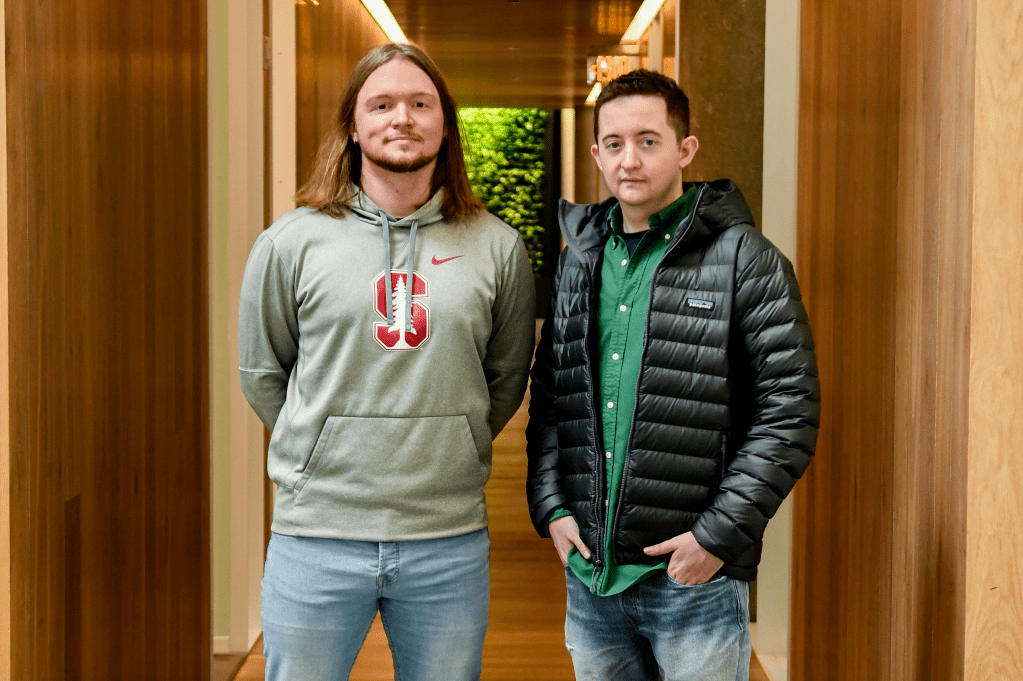“They’re idiots, they’re really naive,” is how Stevie Graham, the co-founder of fintech Teller, once described Open Banking Limited, the body charged with delivering open banking in the U.K.
His view back in 2017 — which now looks somewhat prophetic — was that open banking wouldn’t be the competition driver it was hyped up to be. Instead, incumbent banks were incapable of change and would act in a malevolent way to stop fintechs from walking through the front door and stealing their lunch.
He, along with co-founder Dan Palmer, had spent several years building an early version of Teller that reverse-engineered the APIs used by U.K. banks for their own mobile apps, and offered access to developers that wanted to create apps using banking data. It was billed as a more robust and real-time alternative to either screenscraping or waiting haplessly for PSD2 — the European directive mandating open banking — to eventually come into existence.
But this inevitably meant playing a game of Whac-A-Mole as incumbent U.K. banks tried unsuccessfully to thwart the efforts of Graham and Palmer. It was also never entirely clear who was doing the whacking.
Fast-forward to today, and Graham, who was Twillio’s first European employee, has a different incumbent in his sights. In late 2018, Teller re-incorporated in the U.S. to take on Plaid, the financial services API provider recently acquired by Visa for a chunky $5.3 billion.
The fintech startup also quietly raised $4 million in seed capital from a slew of U.S. investors: Lightspeed Venture Partners, Founders Fund and PayPal co-founder Max Levchin’s SciFi. Teller’s U.K. product has since been shut down, and the company launched a U.S. beta of Teller in September.
“The U.S. is a better opportunity for Teller because the market is far larger with more mature, large-scale customers to serve as well as startups being created every day, [and] an incumbent with an unreliable, unpopular product and not much competition,” Graham tells me.
“PSD2 was also a factor in our decision to withdraw from the U.K. Primarily because it made practically every use-case of banking APIs a regulated activity, meaning that it’s no longer possible to quickly build and test a product without first spending thousands of pounds and 3-6 months getting FCA approval. When we checked at the end of 2018, less than 100 entities had been granted approval. We can not build the business we want with a total addressable market of 100 customers.”
On Plaid, Graham is almost as scathing as he was about the major U.K. banks three years ago, even if he chooses his words a little more carefully. Unlike Plaid, Teller’s technology is not built using screenscraping, dubbed a “creaky technique” by the Teller co-founder, and therefore is “more reliable and performant.”
“We are also better because we have the incentive to really care about our users and mean it. Plaid has rolled up the market by buying Quovo and is now effectively a monopoly. Speaking to users we found a lot of frustrated Plaid customers that didn’t feel as if Plaid was sympathetic when things went wrong. For example their Capital One integration has been down for months. Maybe the Plaid folks genuinely can’t fix it, maybe they don’t have truly enough competition to care. Either way, our Capital One integration works great.”
Suspicious of Visa’s ability to innovate and serve developers as customers, Graham says that if he was a Plaid user he would be concerned about the future quality of the product now that it’s owned by a legacy business “not exactly renowned for … shipping successful developer products.”
The deal is also substantially all-cash, he notes, suggesting that employees may have little incentive to stay.
“The top talent at Plaid has to now be sitting there in the morning thinking ‘do I really want to work at a stodgy public company that has barely 3x’d its stock price in five years? This is not what I signed up for.’ This is why I fear for the future of Plaid’s product. A lot of their best people will be heading for the door, and we’d love to talk to them,” Graham says unabashedly.































Comment